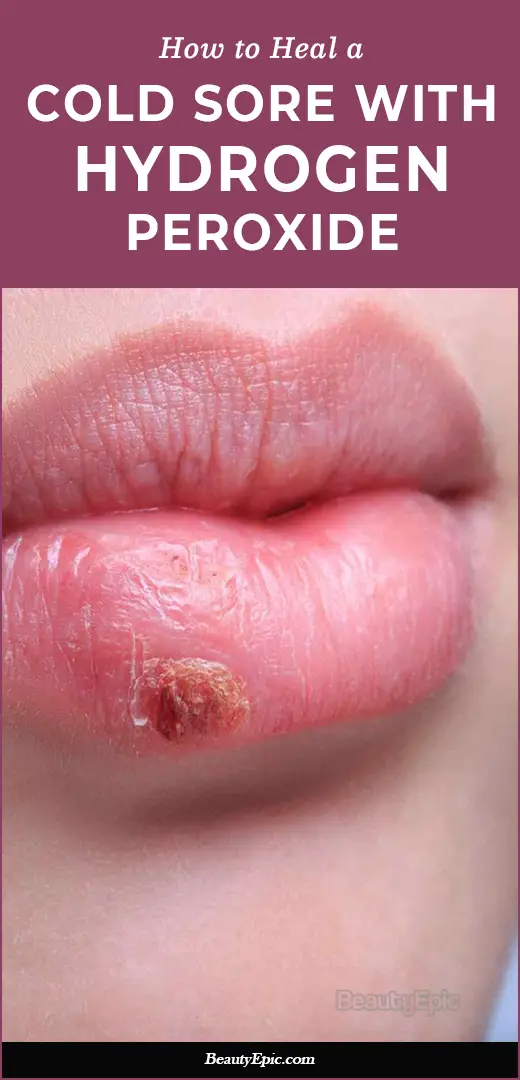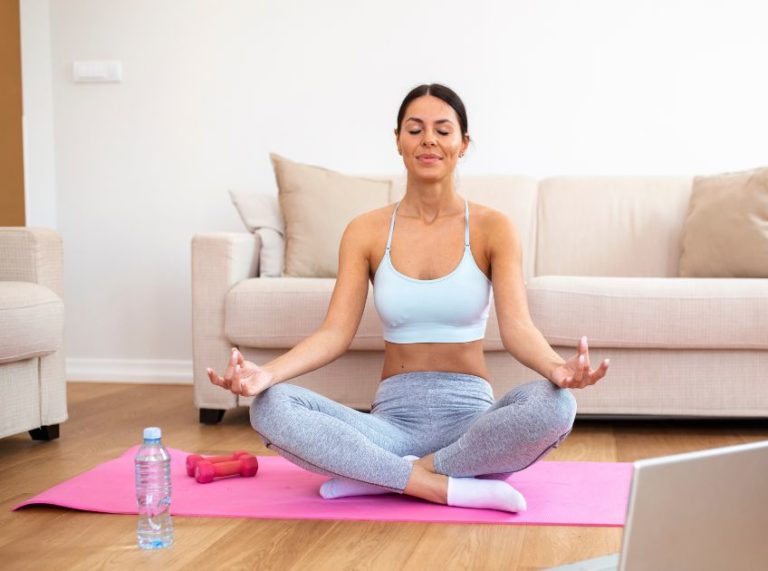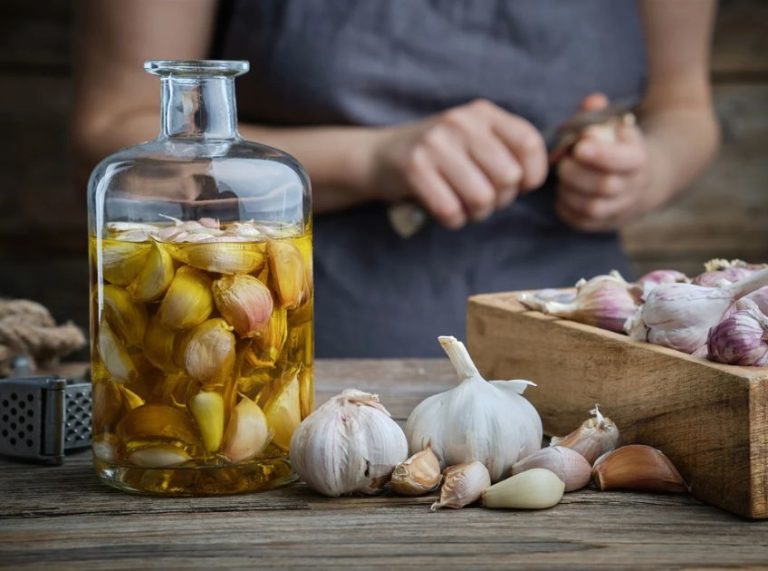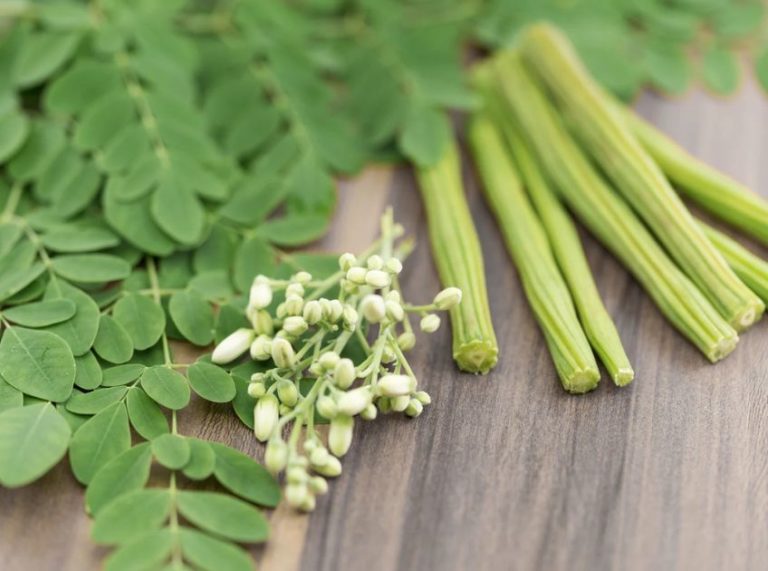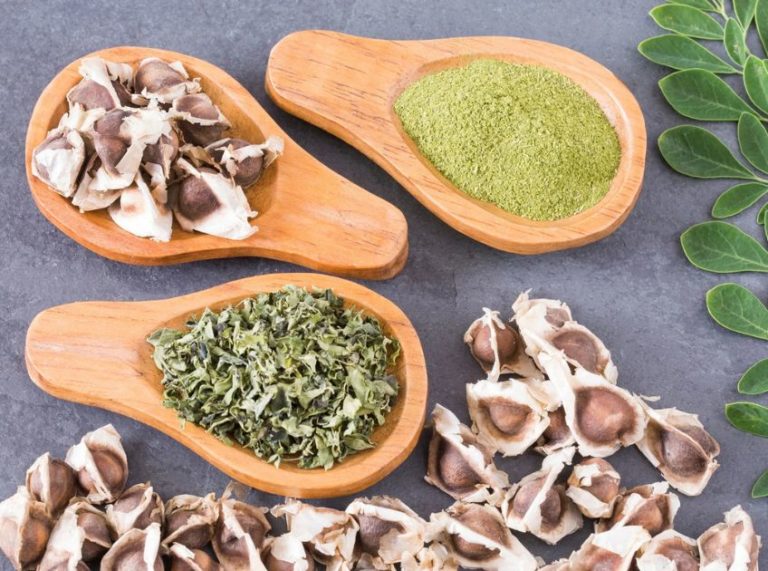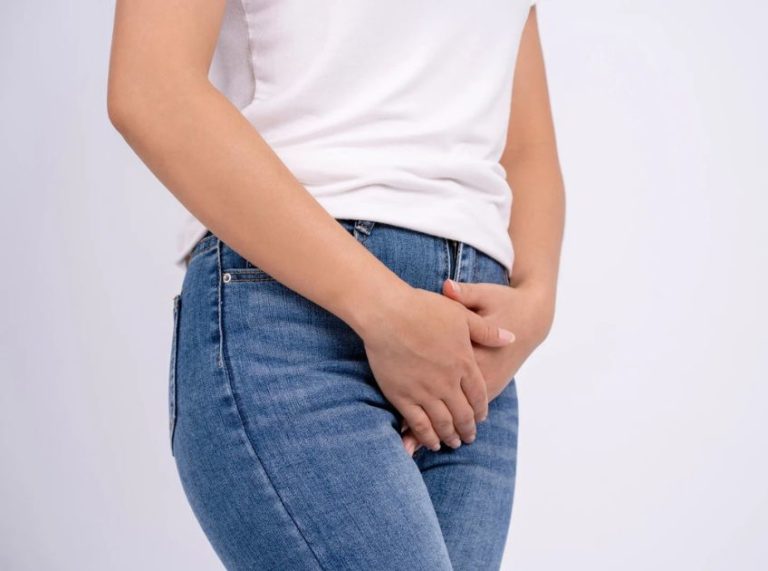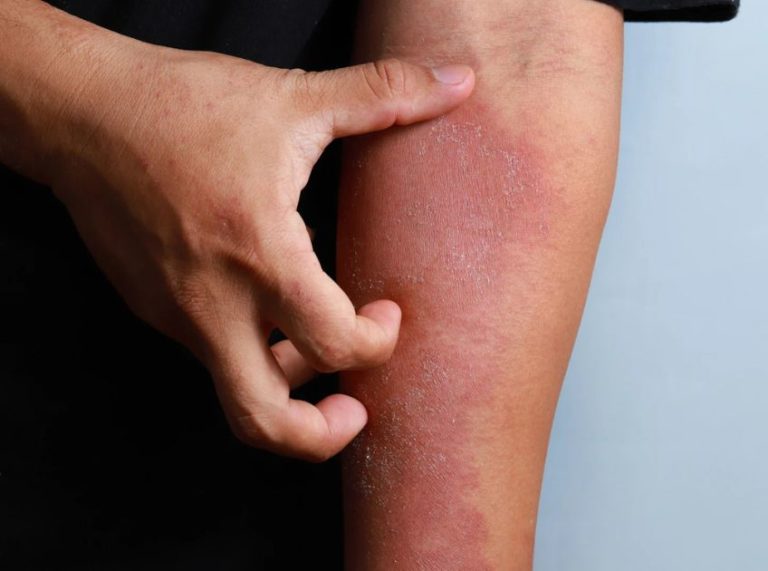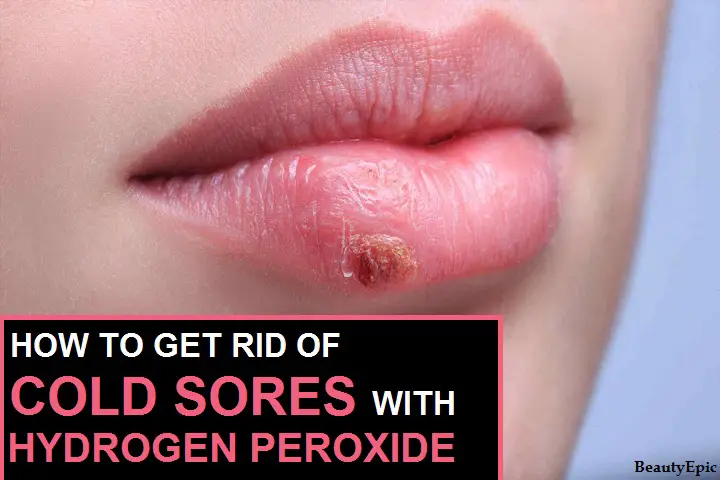
Important: This article is for informational purposes only. Please read our full disclaimer for more details.
Cold sores, also known as fever blisters that are itchy red blisters caused due to infection by the Herpes Simplex Virus 1 and 2. This virus is usually sexually transmitted and causes herpes but when a person comes in contact with any infected product through media such as food, liquid, razors, etc. then the common infection is seen in the form of cold sores. This is usually characterized by red itchy patches and blisters near the mouth, hand and genital areas.
Does Hydrogen Peroxide Help Cold Sores?

- Hydrogen peroxide is an effective anti-septic agent which can help in getting rid of cold sores.
- Hydrogen peroxide not only helps in removing the blisters but also helps in preventing further spread of infection to other areas.
- It serves as a disinfectant for small wounds.
- It also helps in drying the cold sores, thus preventing further infection due to bacteria and viruses.
How to Use Hydrogen Peroxide for Cold Sores?
As the name suggests, hydrogen peroxide (H2O2) is a chemical compound composed of hydrogen and oxygen ions. It is a colorless liquid but is more viscous than water. It is used in a number of organic and inorganic chemical reactions. We will be looking at its brief use in treating Cold Sores in this article . Also various methods have been discussed in this article. Hydrogen Peroxide can be used in the following three ways to treat cold sores:
1. Hydrogen Peroxide with Water for Cold Sores
You’ll need:
- hydrogen peroxide
- water
- cotton swab
Preparation time: 2 minutes.
How to do?
- Mix equal parts of hydrogen peroxide and water before use.
- This solution can be used as a mouthwash.
- It can also be applied directly on the sores with a cotton swab.
- Hold it on the cold sore until it stops stinging.
Repetitions: Repeat this practice regularly till the time the cold sores cease to exist.
2. Hydrogen Peroxide and Baking Soda for Cold Sores

You’ll need:
- hydrogen peroxide
- baking soda
Preparation time: 2 minutes.
How to do?
- Mix hydrogen peroxide with equal amounts of baking soda.
- This paste can be applied on the cold sores.
- Leave it on for about 10 minutes and then wash the area.
Repetitions: This can be repeated once every day.
[ Read: How to Use Tea Tree Oil for Cold Sores? ]
3. Hydrogen Peroxide with Salt for Cold Sores
You’ll need:
- hydrogen peroxide
- table salt
Preparation time: 2 minutes.
How to apply?
- Mix hydrogen peroxide with equal amounts of table salt.
- Form a paste and apply it on the cold sores.
- Leave it on for about 10-15 minutes and then wash and rinse the area.
Repetitions: This can also be repeated once every day.
Tips and Precautions
- Although the use of hydrogen peroxide cannot heal or prevent further occurrence of cold sores, they are a safe and effective method of treating them at home. Do not keep applying it in perpetuity if the cold sores are not healing up as it would not have any benefit.
- The best way is to use it directly on the skin using a sterile cotton swab.
- Hydrogen peroxide is not to be consumed internally. External application of hydrogen peroxide is the only available method for curing cold sores.
- While gargling make sure that it does not enter the throat as it can cause dizziness and vomiting.
Use only 3-10% concentration of hydrogen peroxide when using on the skin surface. Special care must be taken regarding this otherwise the skin would react to it.
You Might Also Like:
- What’s the Connection Between Diarrhea and a Cold?
- Does Toothpaste on Cold Sore Work?
- The 10 Best Foods to Eat When You Have Cold
- Coconut Oil for Cold Sores: Is It Effective and How to Use?
- How to Use Garlic to Cold Sores?
- 11 Natural Home Remedies for Cold Symptoms
- How to Use Apple Cider Vinegar for Curing Colds Fast
- How Garlic Fights Colds?
- Is Ginger Good for Colds?
- How to Use Oregano Oil for Colds?
- How to Use Turmeric for Colds?
- Why Do I Get Cold After I Eat? Causes and Potential Indications
- 7 Essential Oils for Cold: How To Use Them
- 10 Essential Oils for Cold Sores: How It Works?
Image:- 1
